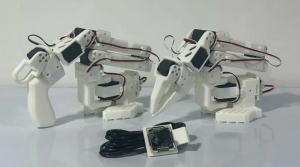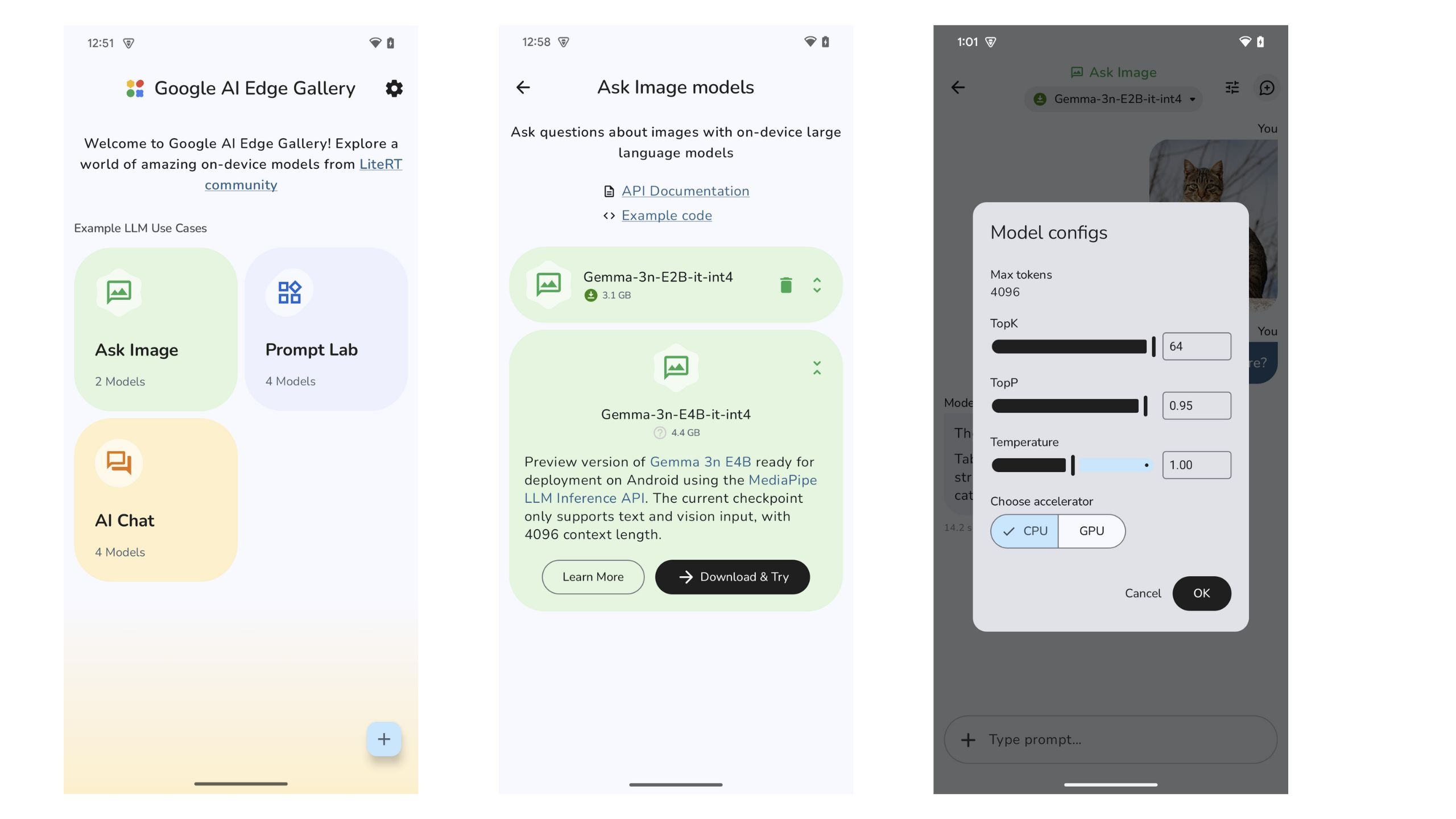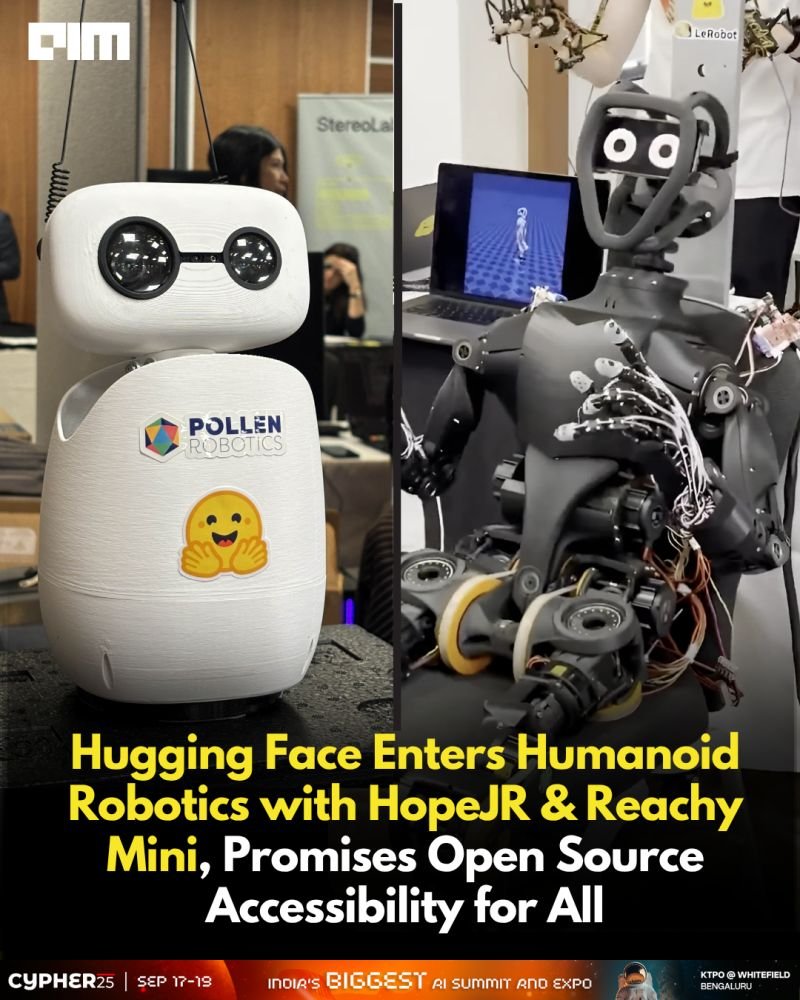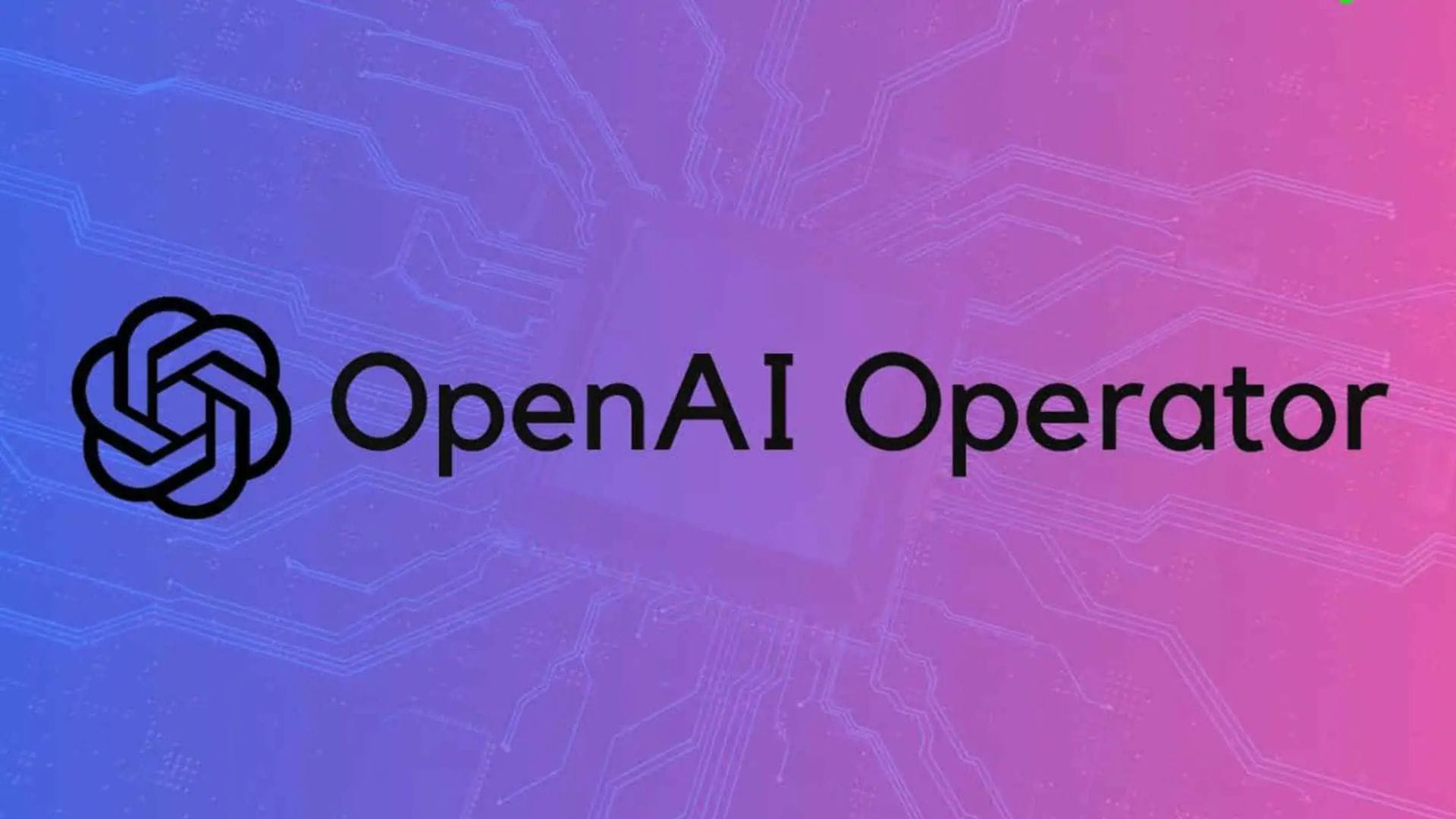This Week in AI: Week of June 1st 2025
This week in the realm of Artificial Intelligence (AI) has been nothing short of eventful, as major industry players have introduced new tools and platforms, significant acquisitions have reshaped the data landscape, and discussions on the societal implications of AI have gained momentum. From the offline AI capabilities on your mobile device to the evolving definition of entry-level jobs, AI continues to progress at a rapid pace. Let's delve deeper into the latest developments:
OpenAI Unveils o3 Operator and OpenAI Academy
OpenAI has recently launched the o3 Operator, an advanced AI model engineered to deliver improved performance and safer interactions with computers. Concurrently, they have introduced the OpenAI Academy, a free online learning platform designed to educate individuals on AI concepts and applications.
The introduction of the o3 Operator signifies a leap forward in AI capabilities, potentially leading to the development of more sophisticated APIs and novel frameworks for developers. This innovation emphasizes the importance of secure and efficient AI interactions. For researchers, the o3 Operator sets a new standard for automating complex tasks and implementing safety measures. Meanwhile, the OpenAI Academy aims to cater to a wide audience, providing valuable resources for upskilling individuals without a technical background and offering foundational knowledge in AI.

The advent of a more advanced AI model like the o3 Operator has the potential to enhance digital assistants' intuitiveness and boost automation in everyday software applications, ultimately enhancing user experiences. The OpenAI Academy plays a pivotal role in demystifying AI, empowering individuals to comprehend a technology that is increasingly shaping our daily routines and future endeavors.
Google Introduces AI Edge Gallery App for Android
Google has quietly rolled out the AI Edge Gallery app for Android devices, with an iOS version soon to follow. This innovative app allows users to discover, download, and execute various open-source AI models from Hugging Face directly on their smartphones, even in offline mode. These models cater to tasks such as image generation, Q&A, and coding.
This strategic move underscores Google's focus on on-device AI, enabling developers to experiment with and deploy models locally without relying on cloud services for specific tasks. It paves the way for privacy-centric AI applications and pushes the boundaries of edge computing. Engineers are encouraged to enhance their skills in model optimization, such as quantization and pruning, to ensure efficient operation of powerful models on mobile hardware.

Imagine the possibilities of having robust AI tools on your phone, independent of Wi-Fi connectivity and cloud data transfers. This advancement translates to faster responses for AI features, improved privacy measures, and constant AI availability, akin to having an intelligent assistant in your pocket at all times, even when disconnected from the grid.
Hugging Face Ventures into Robotics
Hugging Face, known for its AI development platform, has expanded its horizons by venturing into robotics, unveiling two open-source humanoid robots: HopeJR, a life-sized robot capable of walking with 66 degrees of freedom, and Reachy Mini, a smaller desktop unit tailored for AI application testing.
This foray into robotics signifies Hugging Face's commitment to advancing the field, offering open hardware and software solutions that can accelerate research in embodied AI and reinforcement learning within physical systems.

By enabling AI developers to test their models on real robots, this initiative bridges the gap between simulation and reality.
The open-sourcing of robot designs has the potential to democratize robotics research, facilitating quicker innovation and reduced costs. This could pave the way for enhanced accessibility to advanced robots for educational purposes, research institutions, and potentially, for various assistance roles in diverse environments.

By engaging in open-source robotics hardware, Hugging Face aims to democratize robotics research, catalyzing innovation and potentially lowering barriers to entry. This move is reminiscent of their approach to democratizing AI models, and it is expected to fuel a surge of creative robotics projects in the coming months. While humanoid butlers may not be imminent, the future of robotics development is poised for significant growth.










